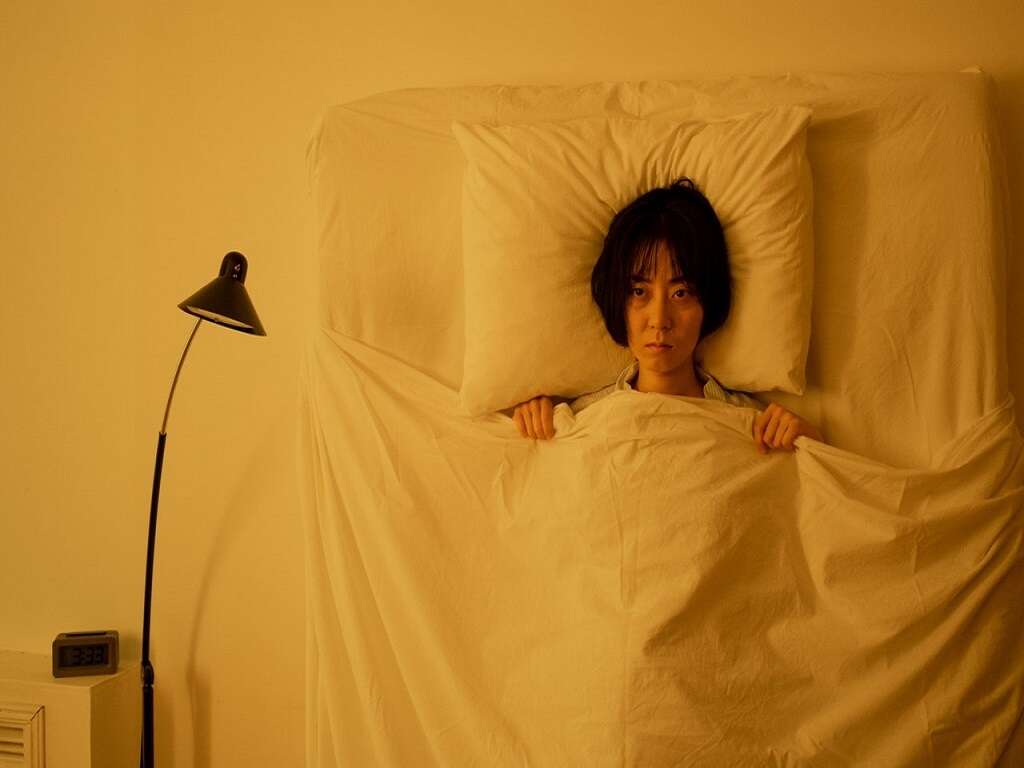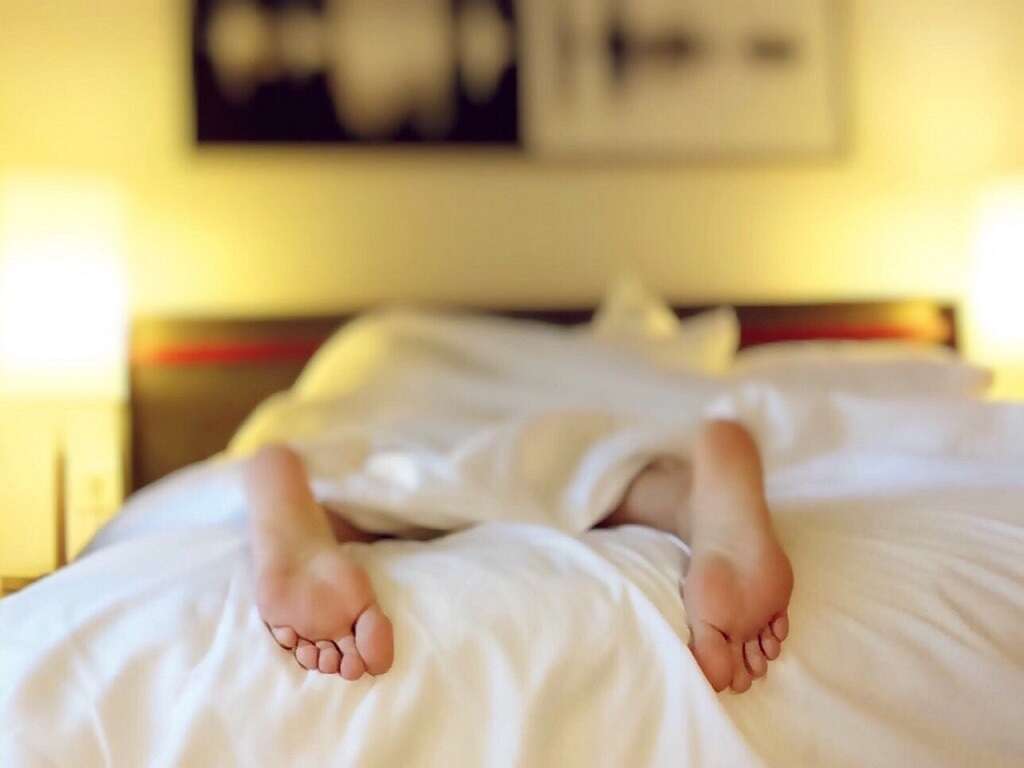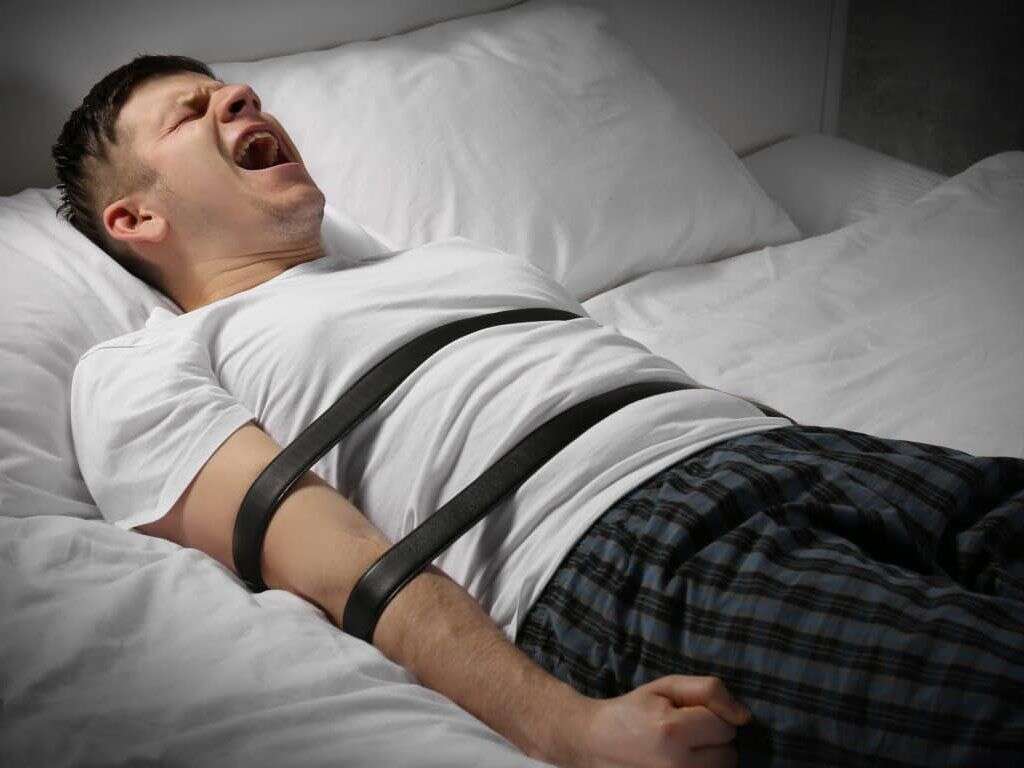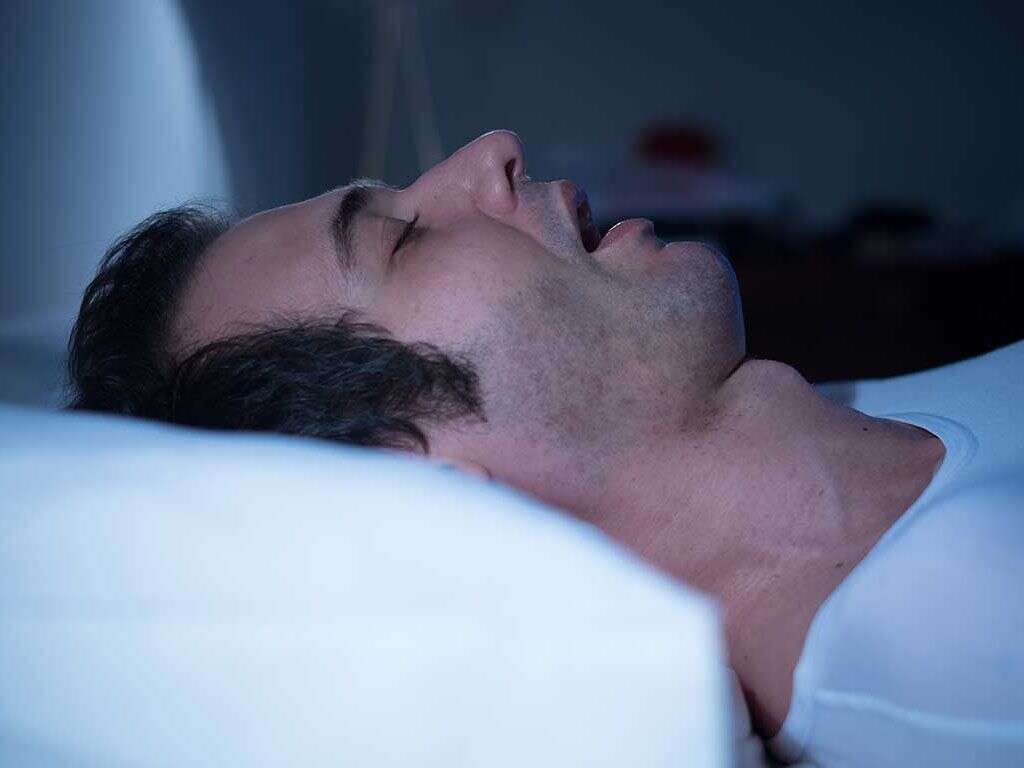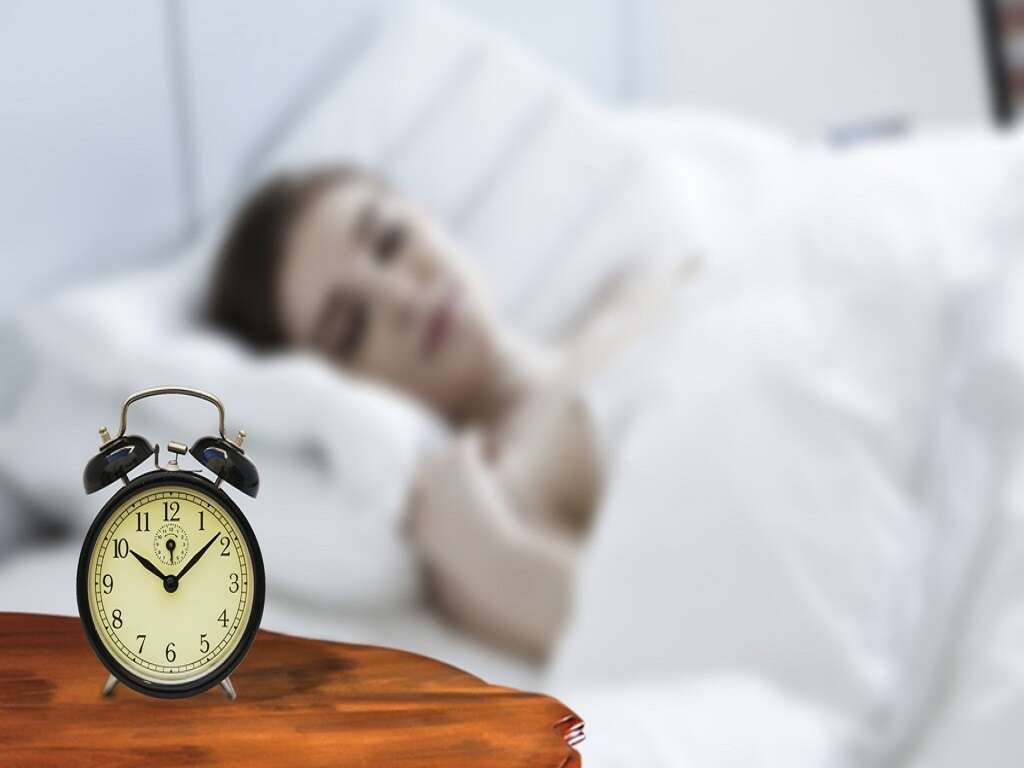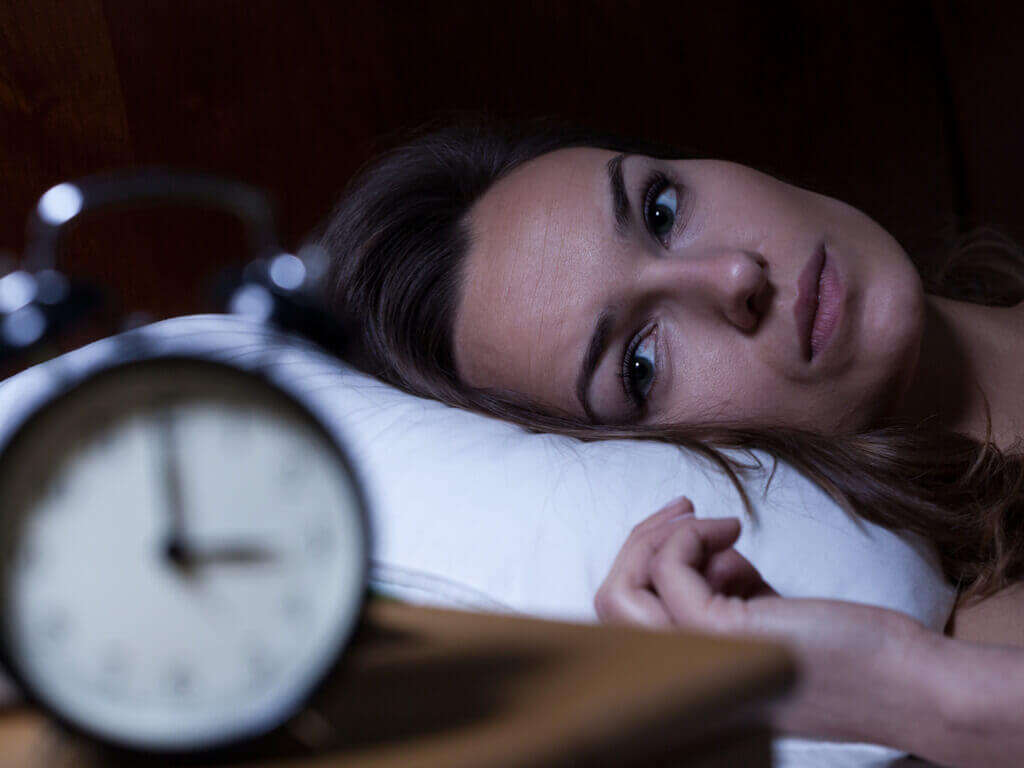10 Symptoms of Insomnia
One third of the population suffers from some form of insomnia. Additionally, 10 percent of the population has insomnia at any given time. This sleep disorder is indicated by three main problems: difficult to fall asleep, difficult to remain asleep and waking up at night and finding it hard to go back to sleep. Most people with insomnia suffer from two of these three problems, while others suffer from all three problems. The resulting inadequate sleep leads to a chronic feeling of tiredness 1https://www.nhsinform.scot/illnesses-and-conditions/mental-health/insomnia.
Most cases of insomnia are caused by stress, anxiety, depression, death of a loved one, some medications, caffeine and other sleep problems. In some instances, insomnia has no known causes, in which case it is called primary insomnia. You might be suffering from the disorder if you have some of the following 10 insomnia symptoms.
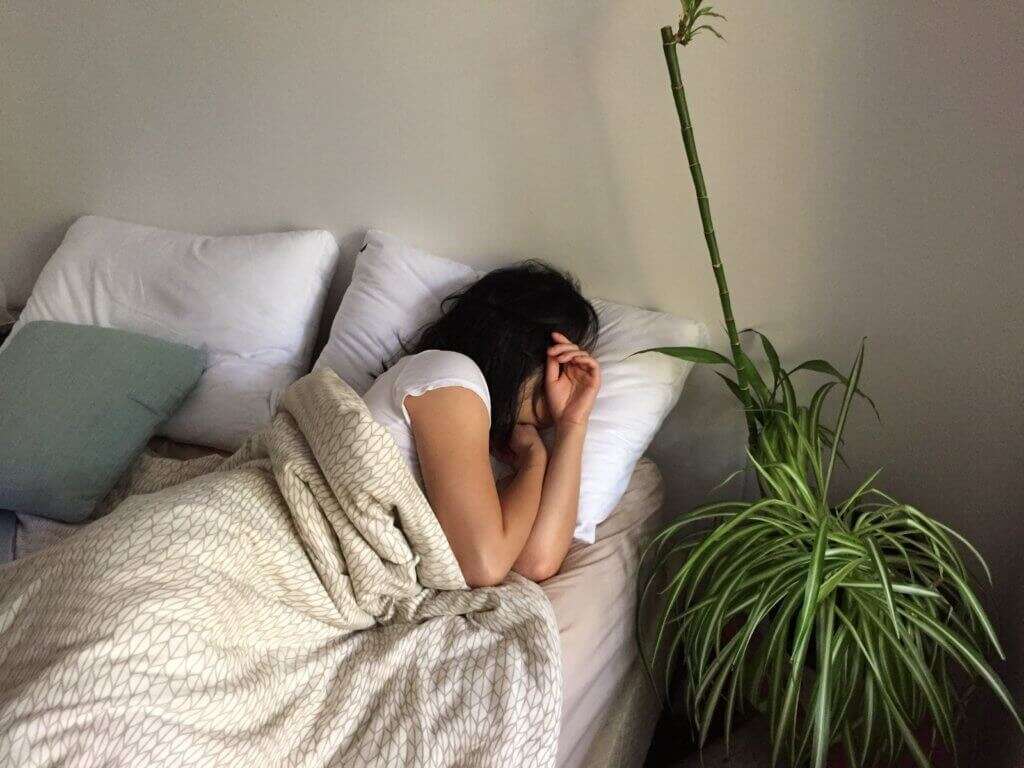
Symptom #1: Daytime Sleepiness
If you feel sleepy during the day, you could be suffering from insomnia. When you don’t get adequate sleep during the night, your body and brain are not well rested. This means that the sleepiness that you feel is your body’s way of letting you know that it needs to rest.
Sleepiness can be a serious problem especially if you are involved in activities requiring optimal concentration like driving or operating sensitive equipment. Studies also show that sleepy workers are more prone to job-related accidents.
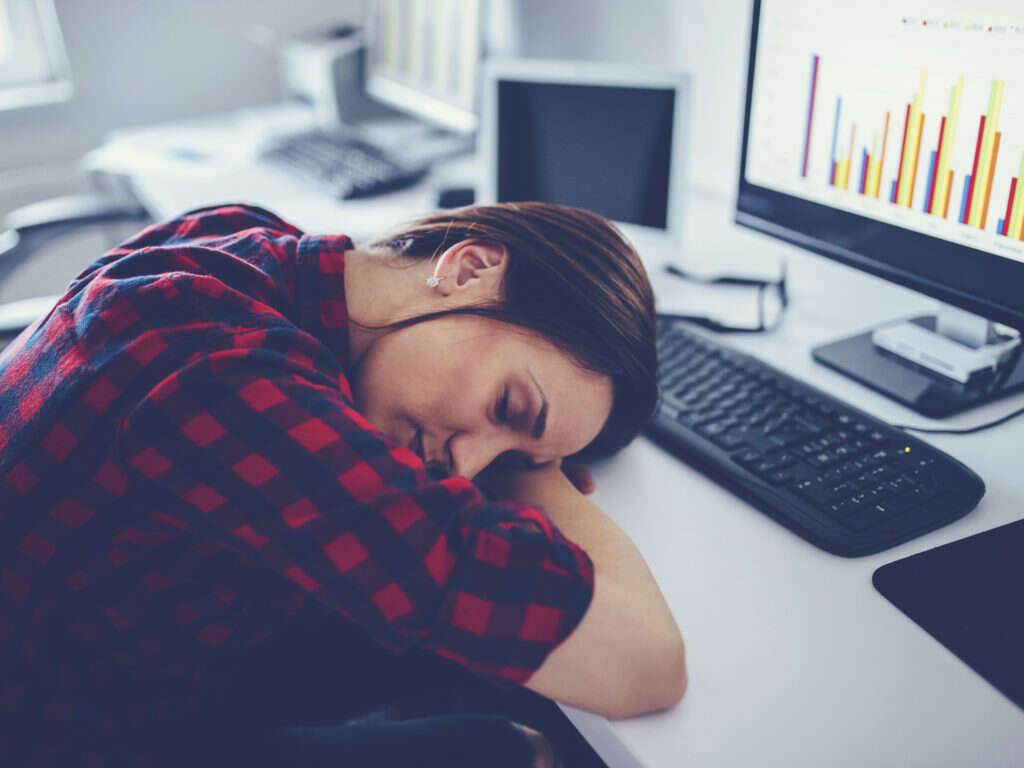
Symptom #2: Fatigue
Fatigue is a common insomnia symptom that affects most insomniacs. Fatigue is, in fact, a more common insomnia symptom than sleepiness. Besides, fatigue due to sleep deprivation is not limited to insomniacs. Almost everyone has experienced some level of fatigue after a night of disturbed sleep.
Fatigue is the condition whereby you have low energy and are therefore slow or demotivated to carry out your daily activities. According to some studies, fatigue increases with increased sleep deprivation so that the more days you don’t get adequate sleep, the more the fatigue. Studies also point to depressive feeling resulting from poor sleep as an additional cause of fatigue 2https://universityhealthnews.com/daily/energy/what-helps-insomnia-and-its-connection-to-fatigue/.

Symptom #3: Difficult to Fall Asleep
Finding it difficult to fall asleep is an important symptom of insomnia. If you are still awake 30 minutes after going to bed, you probably have insomnia. Insomnia may also present as an inability to sleep through the night.
This could mean that after you drift off to sleep, you soon wake up. Thereafter, you may fall back to sleep. However, you soon wake up again, and the sleep, wake, sleep, wake trend continues throughout the night. Another sign that you have insomnia is waking up earlier than you would like and finding it difficult to fall back to sleep.

Symptom #4: Reduced Sex Drive
Have you recently experienced reduced sex drive? Insomnia could be the culprit. According to sleep experts, sleep deprivation in both men and women leads to reduced interest in sex and lower libido. Insomnia, especially when it is chronic, leads to fatigue, low energy and sleepiness. It can also cause anxiety and depression.
With these issues hanging over you, it is impractical to hope to have a healthy libido. Additionally, as a result of the accompanying stress, men may have reduced testosterone levels. Testosterone is the hormone responsible for male sexual activity. This means that a healthy testosterone level is a prerequisite for a healthy male libido.

Symptom #5: Moodiness
If you experience moodiness, it is possible that you have insomnia. As most people may be aware, if you don’t get adequate sleep in the night, you may end up having a foul mood the following day. This may mean that you feel irritable, stressed or short-tempered.
People suffering from insomnia are known to be anxious, short-tempered and emotionally unstable. These symptoms should disappear after the sleep deprivation pattern is corrected.

Symptom #6: Wrinkles and Puffy Eyes
Puffy eyes could be a sign that you are not getting adequate sleep. Insomnia causes your eyes to become puffy. It also causes dark circles under the eyes and wrinkles to develop because your body and specifically, skin is not getting adequate rest to recover from stress and to allow for repair of tissues. Lack of sleep leads to increased production of the stress hormone called cortisol.
Chronically high cortisol levels can lead to break down of the protein collagen which is responsible for keeping the skin supple and elastic. Additionally, lack of sleep causes your body to release only small amounts of growth hormone which helps the body to grow new muscle, skin and bone tissues. More growth hormone is produced when you sleep.
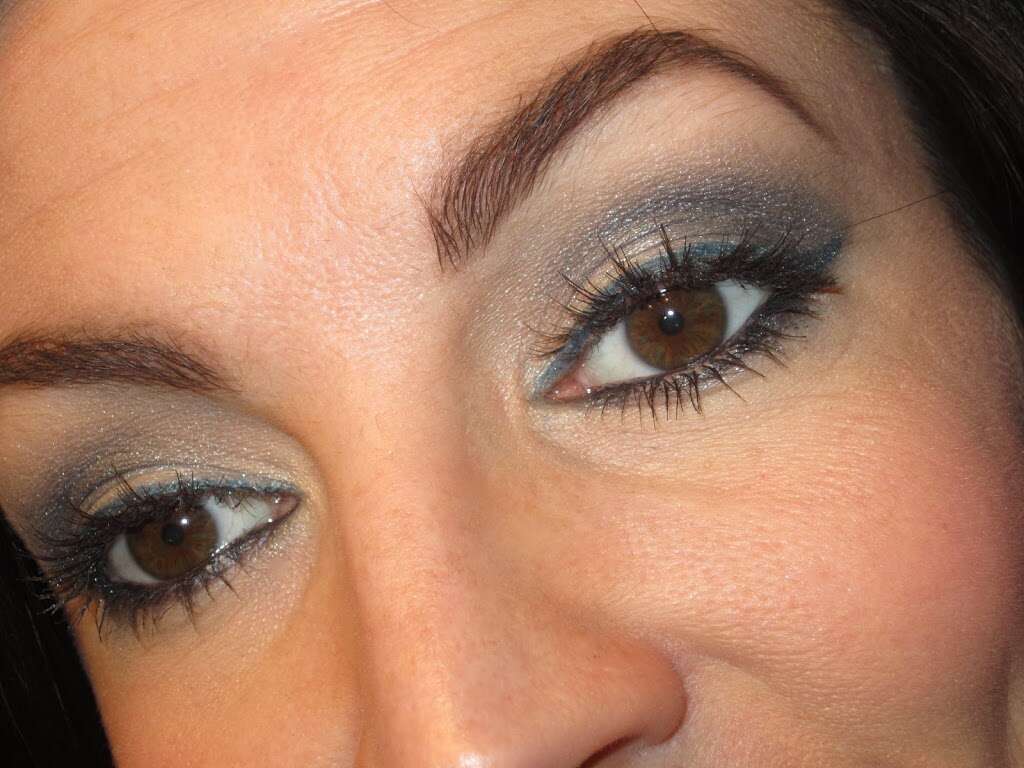
Symptom #7: Poor Concentration
Poor concentration may be a symptom of insomnia. Lack of sleep impairs your mental capacity so that your mind is unable to function at optimal capacity. This means that memory and learning are impaired. It is not clear how this happens, but studies have confirmed that there is a link between poor sleep and poor focus.
A study of patients with sleep apnea conducted at the University of California found that elevated cortisol levels can lead to poor cognitive function. According to other studies, high cortisol levels have adverse effects on the hippocampus, a structure in the brain that is involved in information acquisition and consolidation into long-term memory.

Symptom #8: Tension Headaches
During REM (rapid eye movement) sleep, our brain is busy consolidating memories into long-term memory and many other processes occur as well. In this stage of sleep, the remaining parts of our bodies are inactive, resting and recuperating from the stress endured throughout the day.
If our muscles don’t get enough time to rest at night, muscle spasm can appear. When this happens in our neck muscles, it can lead to tension headaches.
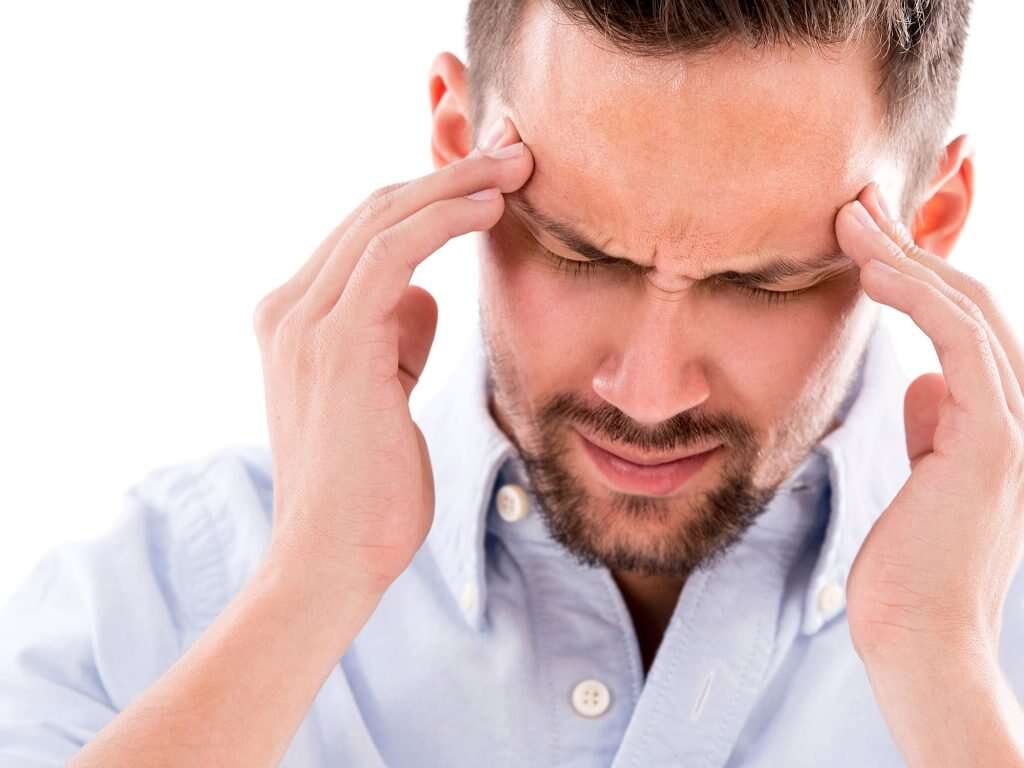
Symptom #9: Weight Gain
Unexplained weight gain may be a sign that you have insomnia. This is probably because you are more likely to feel hungry and therefore more likely to eat excessive amounts of food if you are awake for long periods.
Studies have shown that while leptin signals satiety to the brain, ghrelin signals hunger. More leptin is produced when you sleep while more ghrelin is produced during wakeful hours.
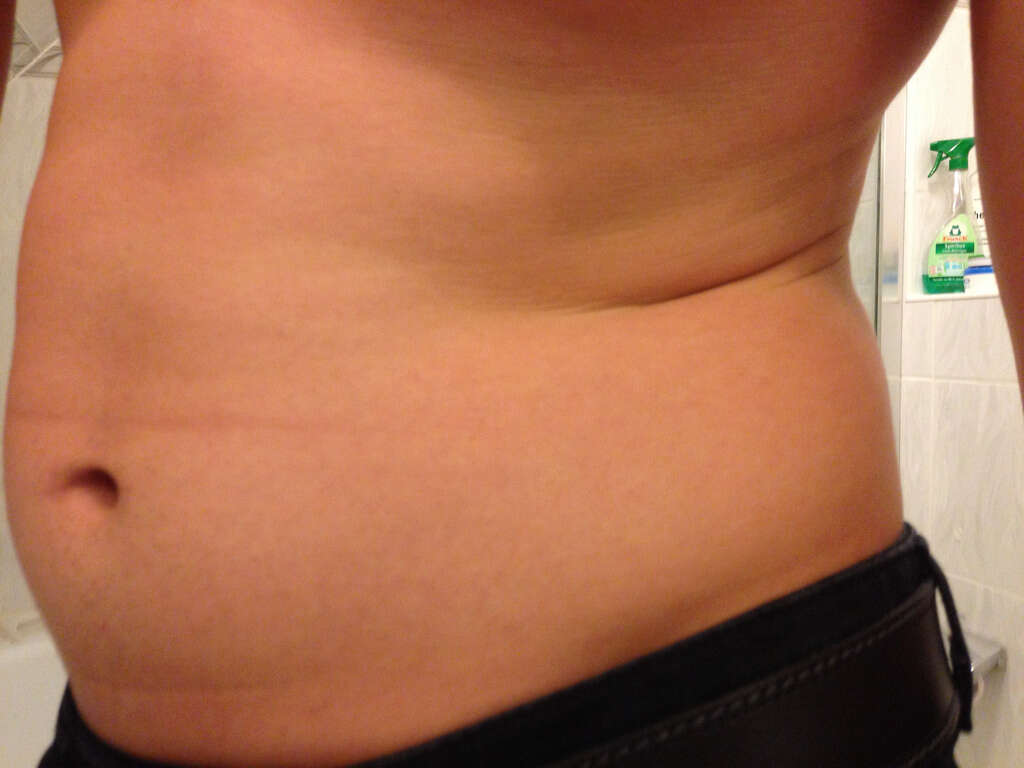
Symptom #10: Depressed Mood
There is a well-known link between depression and insomnia. Patients suffering from depression have a chemical imbalance disrupting their neurotransmitters.
Patients struggling with depression have low levels of dopamine and for some patients this translates in insomnia and others might complain of increased sleeping time. It is also important to state that some drugs used in the treatment of depression can cause insomnia as a side effect. If you find yourself losing interest in activities that usually amuse you, you should seek medical attention for proper diagnosis.





